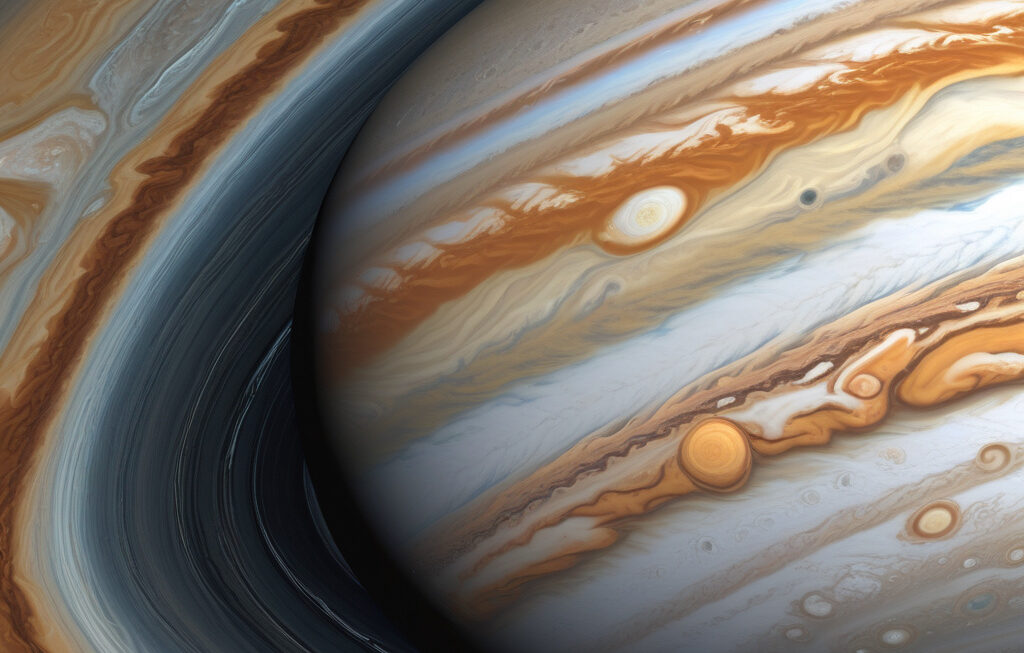Indian Music Industry Takes a Stand in Legal Battle Against OpenAI
The Indian music industry has recently made headlines by joining a lawsuit against OpenAI, adding its voice to the growing chorus of discontent over the use of copyrighted content by artificial intelligence (AI) systems. This move marks a significant development in the ongoing legal battle that has been brewing between content creators and tech giants over the unauthorized use of intellectual property.
At the heart of the matter is the issue of AI-generated content and its potential infringement on copyrighted material. OpenAI, a leading AI research laboratory, has come under fire for its use of algorithms to create music that closely resembles original compositions without proper licensing or attribution. This has raised concerns among musicians, record labels, and industry stakeholders about the impact of AI on the creative landscape and the protection of intellectual property rights.
The Indian music industry, known for its rich cultural heritage and diverse musical traditions, has taken a proactive stance in safeguarding its creative assets against unauthorized use. By joining the lawsuit against OpenAI, Indian music organizations are sending a clear message that they will not tolerate the misuse of their content, whether by humans or machines.
This legal battle is not just about protecting the financial interests of music industry players; it is also about upholding the principles of artistic integrity and creative expression. Copyright laws exist to ensure that creators receive recognition and compensation for their work, and AI-generated content should not be exempt from these regulations.
Moreover, the Indian music industry’s involvement in this lawsuit underscores the global nature of the issue at hand. As AI technology continues to advance and proliferate, the need for robust copyright protection mechanisms becomes increasingly urgent. By taking a stand against OpenAI’s questionable practices, Indian music organizations are setting a precedent for other sectors to follow suit in defending their intellectual property rights.
It is worth noting that this legal battle is not just about pointing fingers or assigning blame. It is also an opportunity for industry stakeholders to come together and find constructive solutions that balance technological innovation with respect for creative rights. Collaborative efforts between AI developers, content creators, and legal experts can lead to the establishment of clear guidelines and best practices for using AI in a responsible and ethical manner.
In conclusion, the Indian music industry’s decision to join the lawsuit against OpenAI reflects a broader trend in the creative sector towards asserting control over how AI interacts with copyrighted content. This legal battle is a wake-up call for all stakeholders to address the complex challenges posed by AI-generated works and ensure that the rights of content creators are upheld in the digital age.
#IndianMusicIndustry, #OpenAI, #CopyrightLaws, #AIInnovation, #CreativeRights












